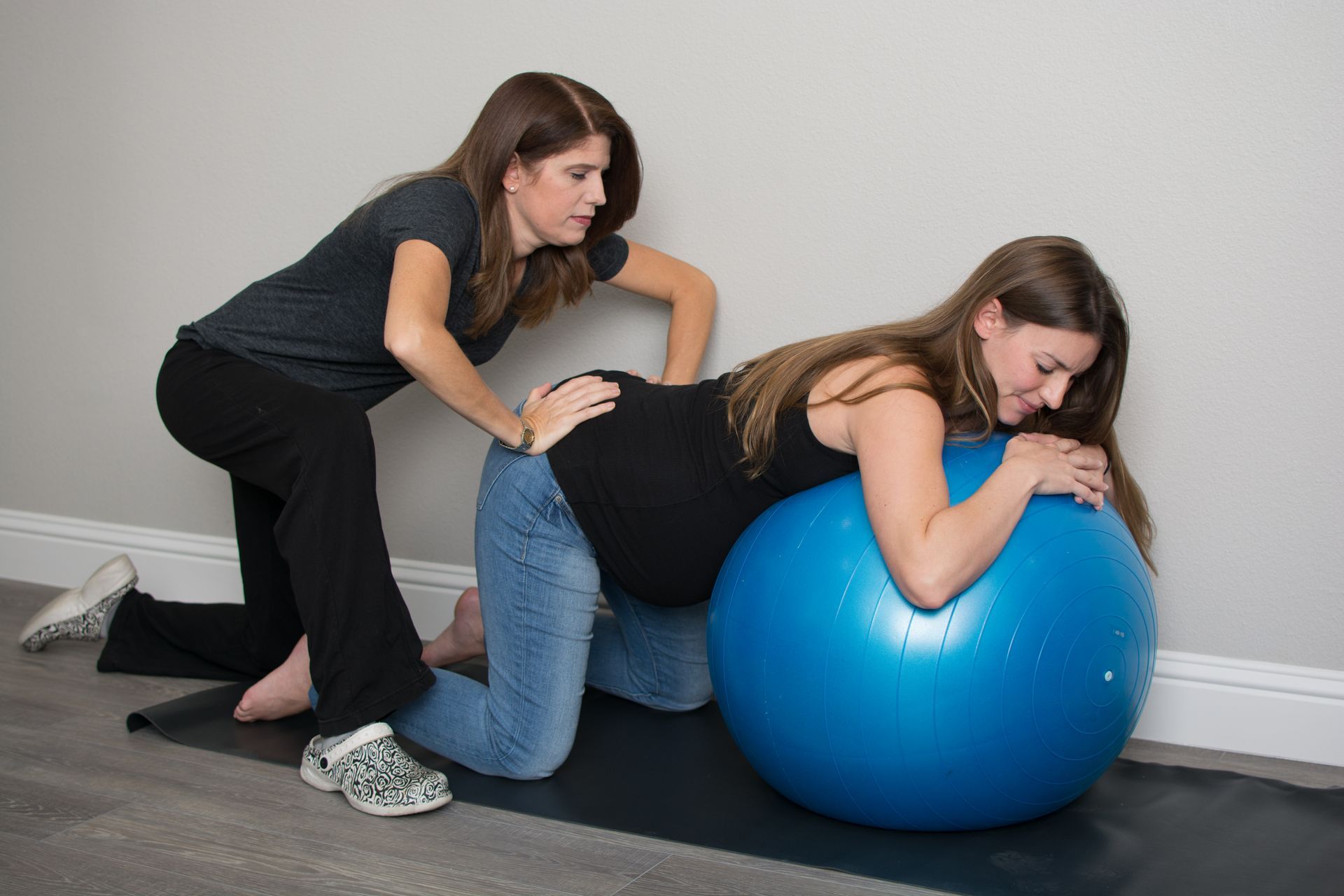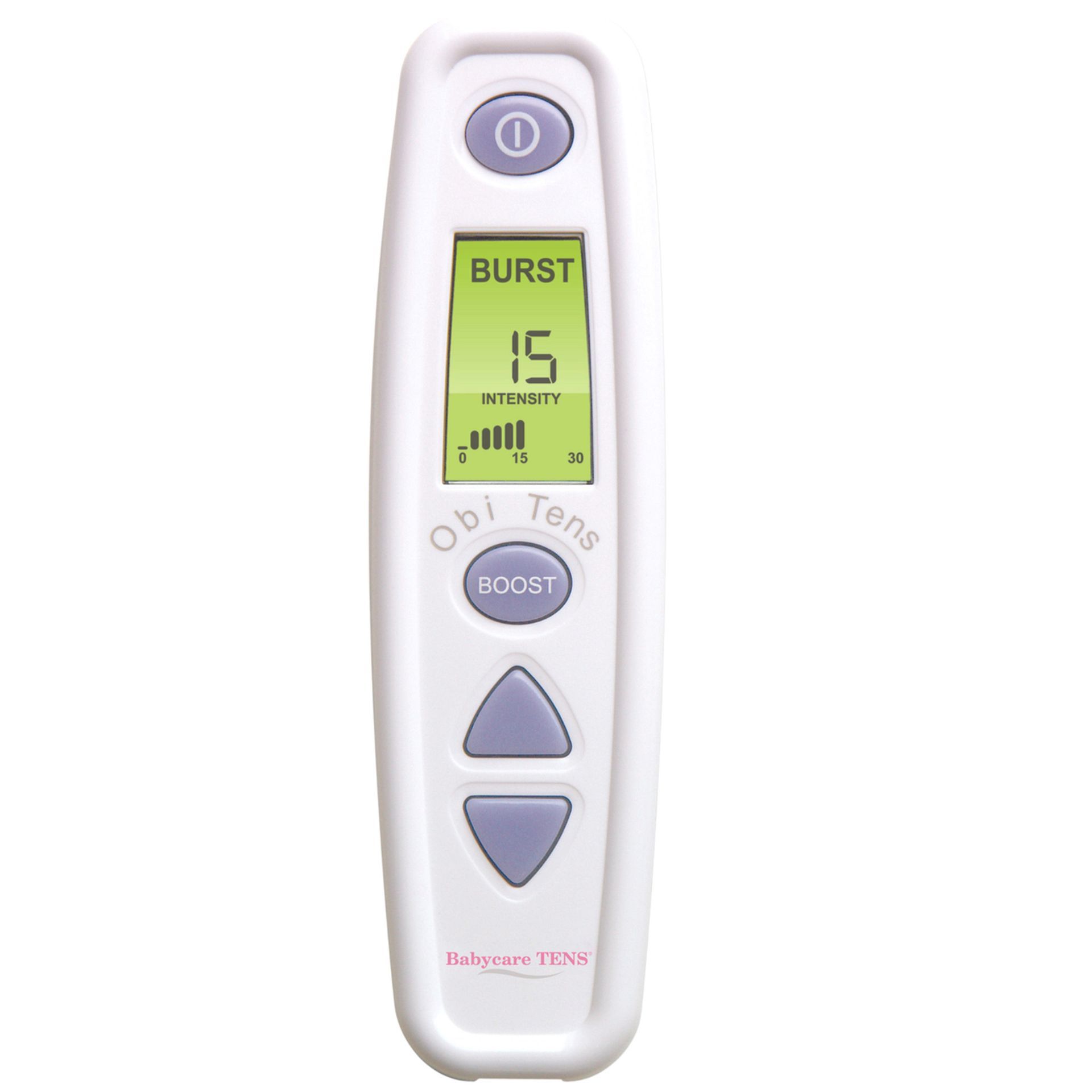Fetal Monitoring...Intermittent vs. Continuous
Fetal Monitoring...Intermittent vs. Continuous
While we can understand the value of fetal monitoring when in labor, many Moms are unaware of their options when it comes to the type and duration of monitoring available to them.
Most commonly used is Electric Fetal Monitoring (EFM). With EFM, two straps are placed around Mom's belly, one measures baby’s heart rate (with an ultrasound machine) while the mother’s contractions are monitored with a pressure sensor. Both of these sensors are linked to a recording machine. EFM can be used continuously or intermittently and is used in about 90% of mothers who give birth in US hospitals. Mom's may be unaware that they can request to have intermittent EFM as opposed to continuous EFM when in a hospital setting, when appropriate. Intermittent monitoring allows for freedom of movement. While there may be a point when continuous monitoring becomes necessary (primarily with maternal and/or fetal distress or complications), monitoring can become distracting during labor and are restrictive. Continuous EFM can also lead to a higher rate of Cesareans, forceps, and vacuum births.
Another option is a fetal stethoscope or handheld ultrasound machine (Doppler) to listen to the fetal heartbeat. While listening, the provider places a hand on the mother’s abdomen to assess contractions. Doppler is used frequently in office visits, and is the primary method of monitoring with home birth and in birth centers.
Handheld Dopplers support movement and upright laboring positions, can be used during water therapy (tub or shower) and lend to more continuous support of care providers during birth. Dopplers may not be appropriate for mothers with complications and they are not capable of recording fetal readings.
Open a dialogue with your provider regarding monitoring. Make sure you are aware of your options and are on the same page as your provider!
For more information, there is a great article on EvidenceBasedBirth.com/FetalMonitoring

Do I need to take a birth prep class? Let's talk about the vital importance of Childbirth Education!










